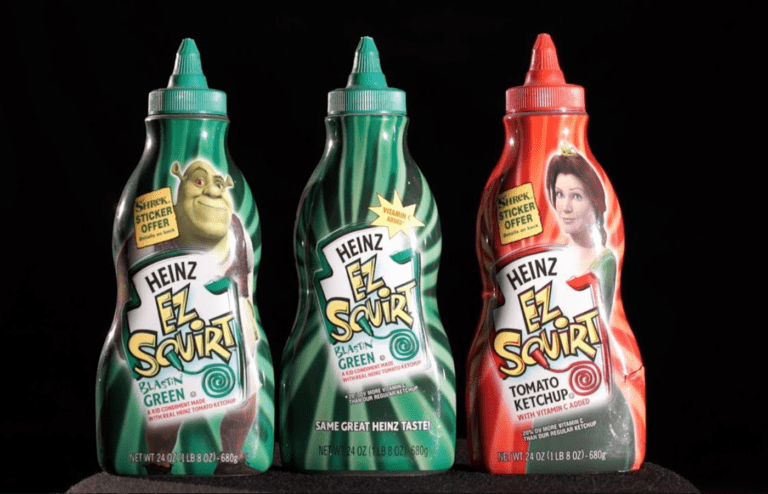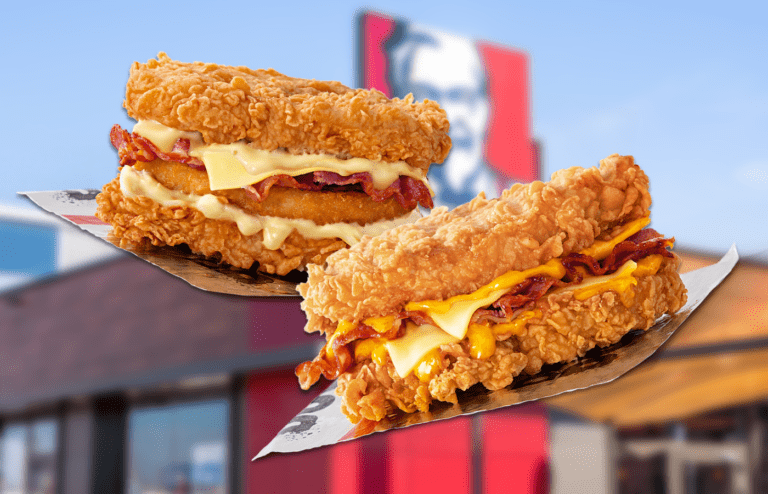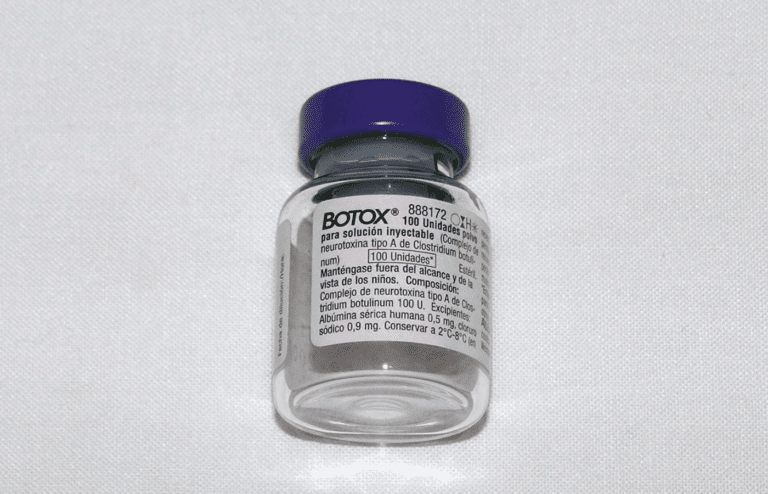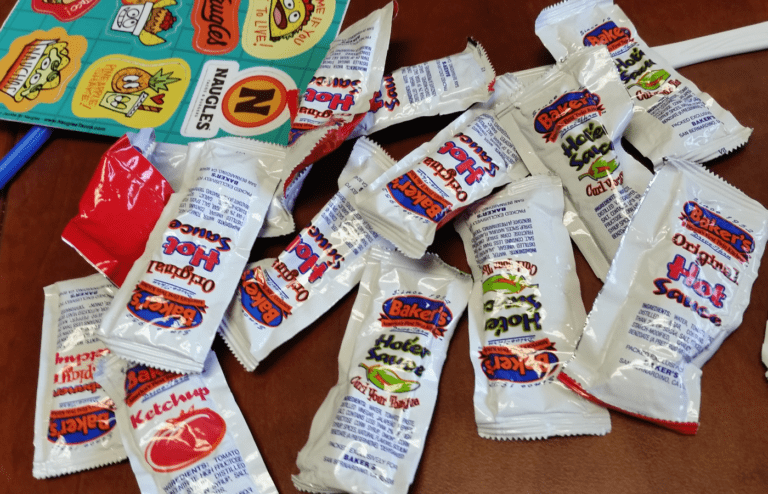Grocery shopping used to be simple—you went to your local store, grabbed what you needed, and went home. But now? Prices are skyrocketing, choices are overwhelming, and every store promises to be the best. Some focus on luxury, others push savings, and a few claim to do both. So, where should you actually shop to get the best value for your money?
If you’re looking to save while still getting good quality food, it’s time to break down what different grocery chains really offer.
The Battle Between Price and Experience
Some stores want shopping to feel like an experience. Others focus on pure efficiency. If you’re after the cheapest groceries possible, Aldi and Lidl are the kings of budget shopping.
Aldi’s no-frills, bag-your-own-groceries system cuts down on overhead costs and lets them pass those savings directly to customers. Lidl operates on a similar model, offering deep discounts, especially on items nearing their sell-by dates. If you’re willing to stop in more frequently and plan meals around what’s available, these stores can slash your grocery bill significantly.
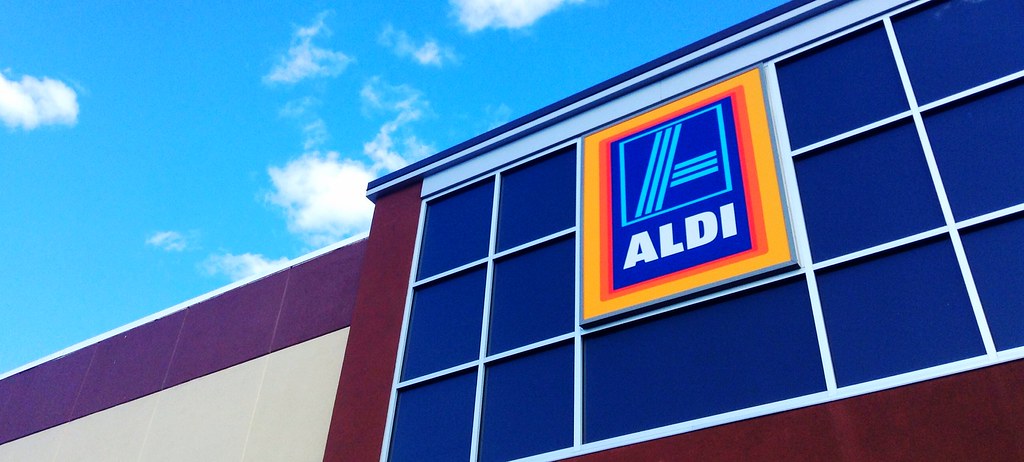
On the other end of the spectrum, stores like Wegmans, Whole Foods, and Stew Leonard’s turn grocery shopping into an experience. Wegmans is practically a food lover’s paradise, featuring craft beer, in-store dining, and a top-tier bakery. Stew Leonard’s, meanwhile, feels more like an amusement park with its animatronic displays and themed departments. These are great for special trips, but they come at a price.
Best Stores for Organic and Specialty Foods
If you’re picky about where your food comes from, organic markets and specialty stores are worth a look. Trader Joe’s is famous for its unique snacks and cult-favorite items, and while it’s not the cheapest store, it offers great value for high-quality, organic products.
For more serious organic shoppers, MOM’s Organic Market and Sprouts deliver a wide selection of eco-friendly, all-natural options, but expect to pay more than you would at a traditional supermarket. Whole Foods, now under Amazon’s umbrella, has slightly lowered its prices but is still known for its high-end selection at a premium cost.
Looking for something a little more niche? H-Mart, Mitsuwa Marketplace, and Harris Teeter specialize in Asian and international goods that can be hard to find elsewhere. These stores may not always be the cheapest, but they’re the best if you’re looking for authentic ingredients without paying import shop markups.
Where to Find the Best Deals on Everyday Groceries
For a balance of affordability and selection, Kroger, Hy-Vee, and Publix stand out. Kroger’s massive footprint and loyalty discounts help keep costs down, while Publix offers surprisingly good store-brand products that rival big-name brands at a lower price. Hy-Vee’s reputation for fresh produce and clean stores makes it a favorite in the Midwest.
For regional deals and unbeatable loyalty perks, H-E-B and Harris Teeter are local favorites. H-E-B’s partnerships with local farmers help keep produce prices low, and Harris Teeter’s fuel rewards program lets you save at the gas pump while shopping for groceries.
The Bottom Line: Where Should You Shop?
If you’re focused on rock-bottom prices, Aldi and Lidl are hard to beat. If you want an organic, high-quality selection, Trader Joe’s, Sprouts, and MOM’s Organic Market are solid options. For a traditional grocery experience with great deals, Publix, Kroger, and H-E-B consistently deliver.
Ultimately, the best grocery store depends on what matters most to you—price, selection, convenience, or the shopping experience itself. But one thing’s for sure: in today’s economy, it pays to shop smart and stretch every dollar.
Related: The 15 Best Grocery Stores in the US


